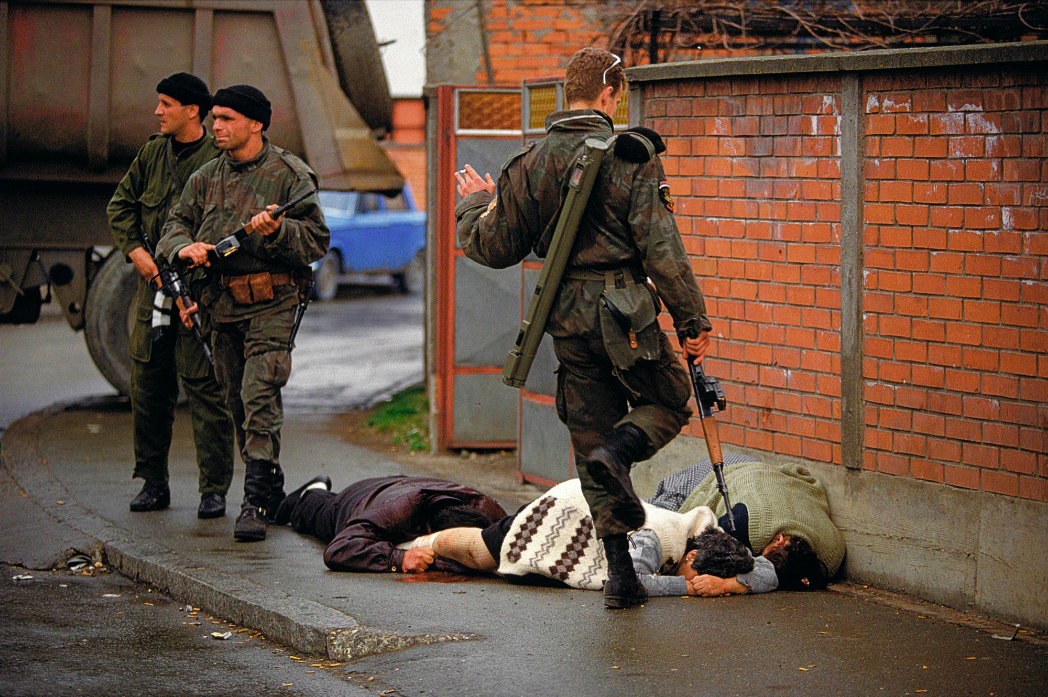Serbia’s Brand of Reconciliation: Embracing Old War Criminals
MATTHEW BRUNWASSER datetime=”2017-11-24T14:53:57-05:00″>NOV. 23, 2017
Observers also note the return of the political language of the 1990s by some senior Serbian government officials as they attack dissenters as traitors, spies and enemies.
The European Union warned against letting a war criminal give a lecture to the academy, but the general received high praise from the defense minister, Mr. Vulin, a former close political ally of Mr. Milosevic’s widow, Mirjana Markovic.
The public support for a war criminal appalled human rights activists and Western officials.
The American ambassador to Serbia, Kyle Scott, posted on Twitter in Serbian: “Unfortunately, months of work on improving Serbia’s image in the U.S. can be undermined with just one statement.”
Russian propaganda had influenced how the Serbian government portrays the difficult democratic reforms required by the bloc: they are cast as “pressure” from Brussels, enabling Serbian politicians to present resistance as patriotism.

